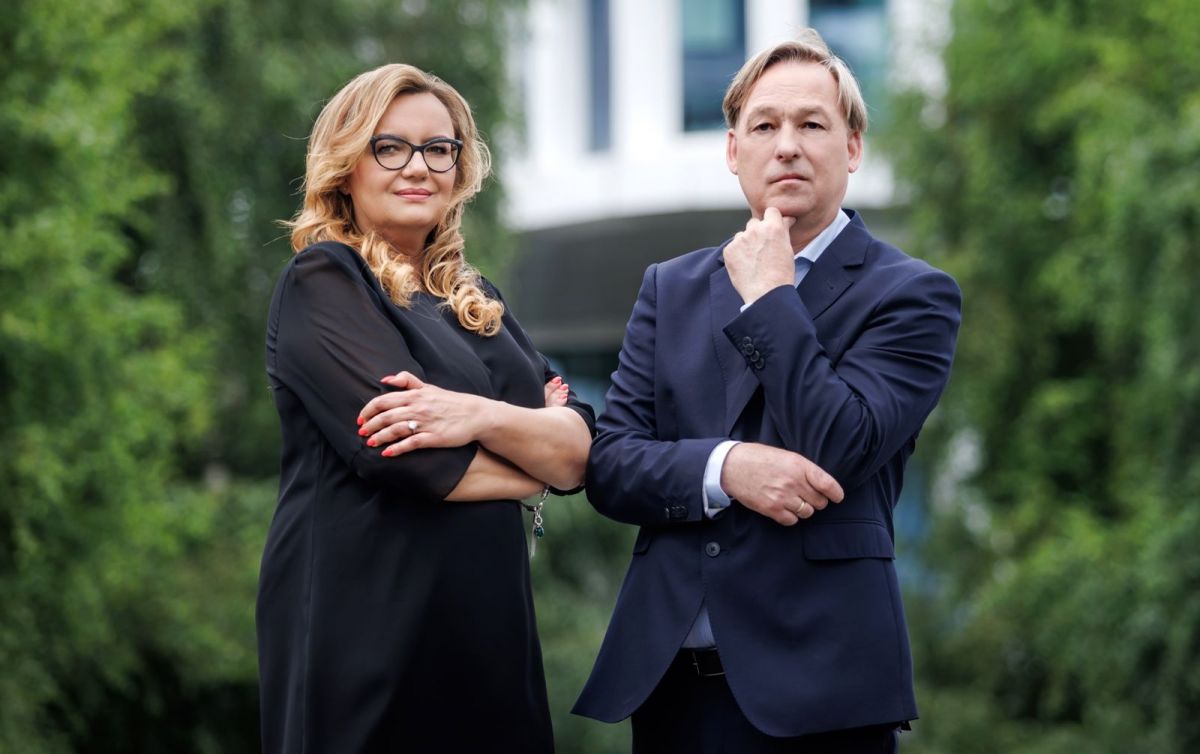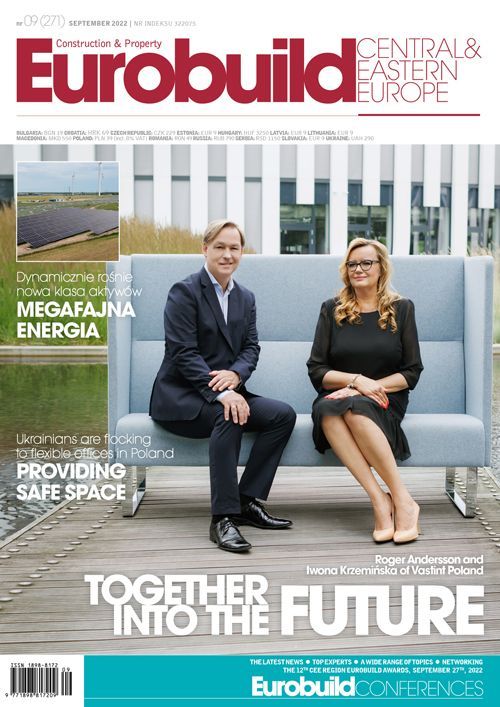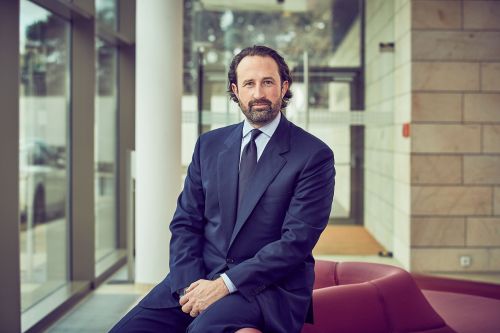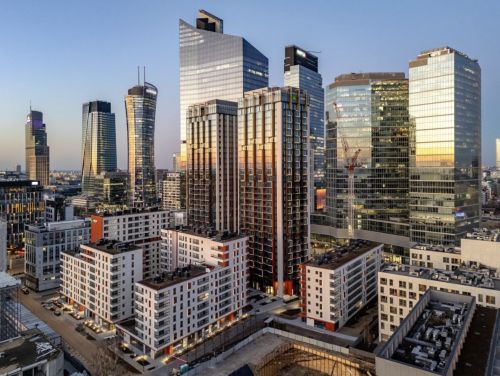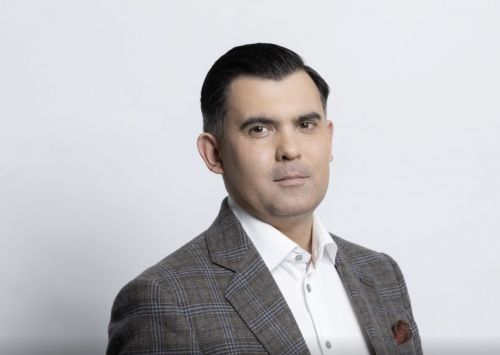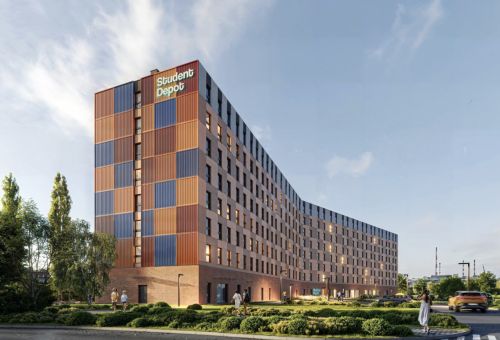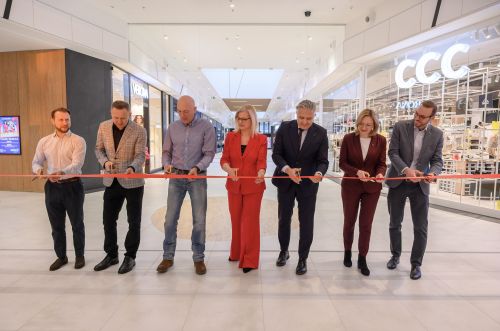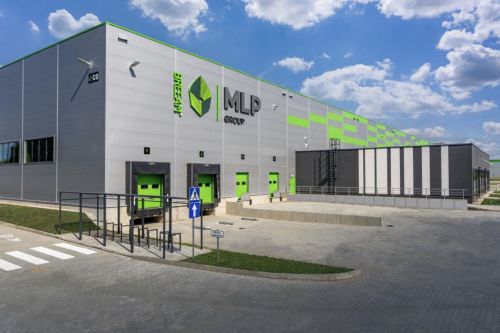Tomasz Cudowski, ‘Eurobuild CEE’: As we sit down to talk, it’s the 30th anniversary of the establishment of your company. It is hard to summarise such a long period, but what do you think Vastint’s three biggest achievements have been during this time? What are you particularly proud of?
Iwona Krzemińska, a board member and senior legal counsel: We are proud of our team! The company’s success to date is down to our co-workers, and it will be they who will push Vastint to achieve the further milestones we are aiming at. Our team comprises people with diverse backgrounds, perspectives and experience, but together – or tillsammans in Swedish – we should go on from here to forge an even more glorious future.
Roger Andersson, the managing director of Vastint Poland: We have managed to build a portfolio of properties that is currently valued at EUR 800 bln. We intend to maintain a long-term ownership and management
